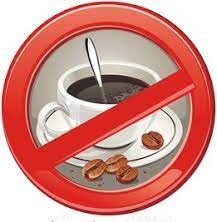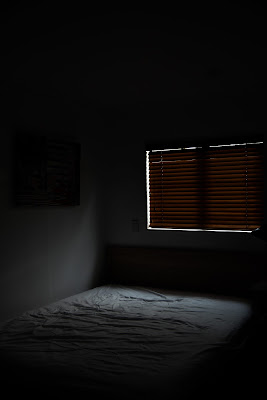How do you sleep better? Most people don’t have trouble falling asleep, but they do have trouble waking up feeling refreshed, which makes a big difference in how the day goes for them.
The way to wake up refreshed is to go to bed at the right time and get enough sleep every night—both of which are difficult if you’re having trouble sleeping.
There are some simple things you can do, however, that will help you fall asleep faster and wake up feeling refreshed every morning.
1) Avoid your phone before bed
If you're looking for ways to sleep better, one of the easiest things you can do is avoid using your phone in the hours leading up to bed.
The blue light emitted by screens can suppress melatonin production and make it harder to fall asleep.
Plus, using your phone before bed can make it harder to wake up feeling refreshed in the morning. Try reading or listening to music instead of scrolling through social media in the evening.
2) Don’t drink caffeine after lunch
Caffeine has a half-life of six hours, which means that it takes about that long for your body to clear the caffeine from your system.
So if you drink coffee at 3pm, you’re still going to have half the caffeine in your system when you go to bed at 11pm.
That can lead to insomnia. So cut
off caffeine after lunchtime and see if it makes a difference in how quickly
you fall asleep.
3) Avoid LED lights in the evening
The light emitted by LED screens suppresses the release of melatonin, the hormone that makes you sleepy.
This is why you may feel more awake after looking at your phone late at night. If you're having trouble sleeping, try avoiding LED lights for a few hours before bedtime.
You could also try
wearing blue-light blocking glasses or installing an app that filters the blue
light from your screen.
4) Keep your room dark
One way to fall asleep faster is to keep your room dark. This means no electronics with screens that emit blue light, which can awake our brains and no bright lights from lamps or the sun.
Darkness cues our brains that it is time for sleep. If you can't keep your room pitch black, try using an eye mask or earplugs.
5) Try aromatherapy before bed
Research suggests that certain essential oils can help improve sleep quality. Lavender oil is one of the most popular options for insomnia, as it's thought to promote relaxation.
Chamomile and ylang-ylang are also effective essential oils for sleep. To use aromatherapy for sleep, add a few drops of oil to a diffuser or add a few drops of oil to a warm bath.
You can also apply diluted essential oil to your pillow before bedtime.
6) Wear socks to bed
It may sound silly but wearing socks to bed can actually help increase blood flow and circulation, which in turn can improve your overall quality of sleep.
Plus, it just feels cozy and can help you relax
before bed. Here are a few tips for picking the right pair of socks:
- Choose a material that will wick away moisture, like wool
or bamboo.
- Avoid synthetic materials like polyester, which can trap
heat.
- Go for a thin or medium-weight sock so you don’t overheat during the night.
7) Set an alarm for your ideal wake-up time
Waking up feeling refreshed is all about getting enough sleep, and setting an alarm for your ideal wake-up time is a great way to make sure you get enough shut-eye.
But there are other things you can do to fall
asleep faster and wake up feeling great. Follow these eight tips and you'll be
on your way to a good night's sleep.
1) Establish a regular sleep schedule. Going to bed and
waking up at the same time each day will help regulate your body's natural
sleep rhythm.
2) Create a bedtime routine. A relaxing bedtime routine can
help cue your body that it's time to wind down for the night.
3) Keep a cool, comfortable bedroom environment.
The Final Note
With a little effort, you can fall asleep faster and wake up feeling refreshed. Start by setting an alarm for a consistent time every day so that your body clock adjusts.
Then make sure you exercise or do some other form of physical activity at least four hours before bedtime. It helps release feel-good endorphins and promotes better circulation, which helps the brain produce melatonin and serotonin that promote healthy sleep patterns.
Avoid
drinking coffee in the afternoon or evening because it contains caffeine which
will keep you awake longer than desired.
Sleep is essential for our overall health and well-being. Unfortunately, many of us don't get enough quality sleep. If you're struggling to get a good night's rest, try these tips.










Honestly I do these things before sleeping...so yes they'll work.
ReplyDelete